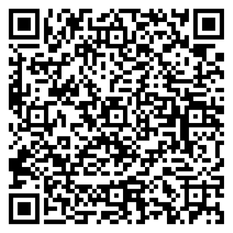CLICK ON A HEADING BELOW TO LEARN ABOUT THE SERVICES WE OFFER
Mental Health Services
-
Outpatient Mental Health Therapy for
-
Children
-
Adolescents
-
Adults
-
-
Individual Sessions
-
Family Sessions
-
Couples Sessions
-
Group Sessions
Substance Use Services
-
Assessments for Substance Use
-
Juvenile Outpatient Individual and Group Sessions
-
Adult Outpatient Individual Sessions
-
Group Sessions
-
-
Building Life Skills
-
OWI Assessments & 12-hour State Mandated Education Course for OWI Offenders
-
Prevention and Early Intervention Courses/Education
-
Peer Support Services for Adults and Juveniles
Scan the QR Code or Click the Link to Get Started
Scan the QR code to set up your client portal. Let us know what service you are looking for and a little bit about your current situation. Sky Ranch Staff will review your information and reach out to discuss your service options and get you scheduled.





